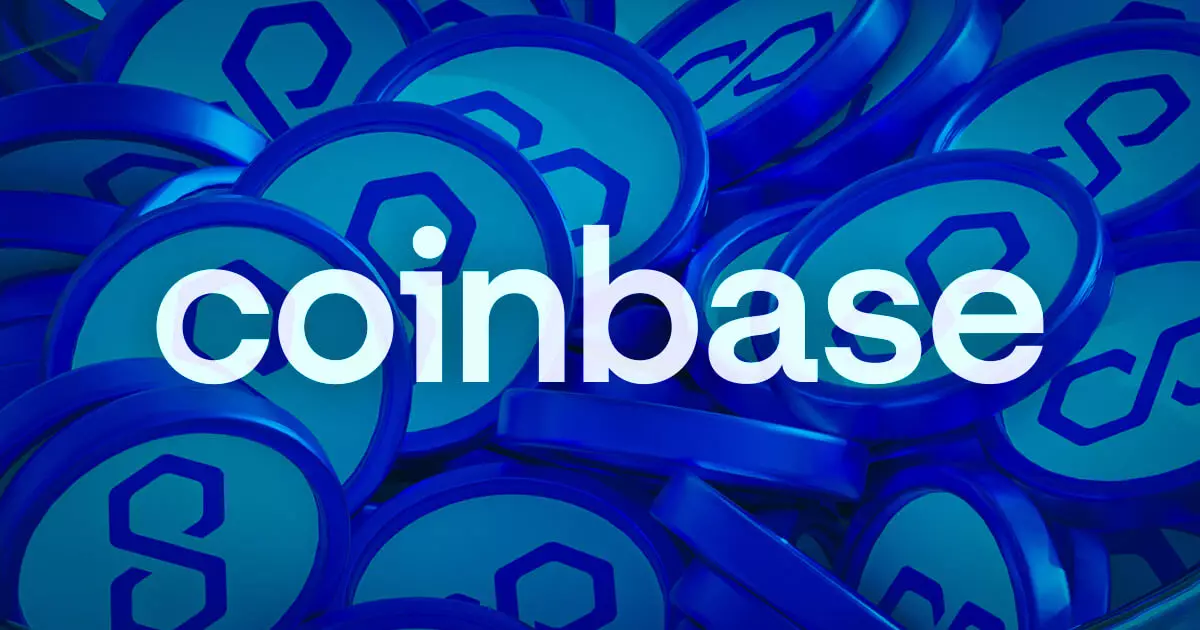Crypto exchange Coinbase recently revealed its plans to support the migration of the Ethereum layer-2 network Polygon from MATIC tokens to the new Polygon Ecosystem Token (POL). The migration is set to begin on Aug. 26, with the exchange handling the process on behalf of its users. Coinbase stated that it would provide details regarding the migration of balances, including the timeline for conversion, in the coming months.
During the migration period, which will run from Aug. 26 to Sept. 10, Coinbase will temporarily disable the sending and receiving of MATIC on the Polygon network. This measure is intended to facilitate a smooth transition from MATIC to POL. Additionally, Coinbase announced its plans to introduce support for POL on the Ethereum network by Sept. 4, allowing for trading of both MATIC and POL until further notice.
Following Coinbase’s announcement, both Polygon’s POL and MATIC tokens saw a significant surge of over 10%, indicating positive sentiments regarding the upcoming POL migration scheduled for Sept. 4. POL is described by Polygon as a hyperproductive token designed to provide valuable services across all chains within the Polygon network, including AggLayer. The token will play a crucial role as the primary currency for gas fees and staking within the Proof-of-Stake (PoS) network, which is essential for network security.
Polygon outlined that POL will have broader roles within the network, such as supporting the Polygon staking hub set to be released in 2025. These roles include block generation, zero-knowledge proof generation, and participation in Data Availability Committees (DACs). The transition from MATIC to POL will occur in phases, aligning with Polygon’s overarching goals to enhance network efficiency and performance.
Coinbase’s support for the migration to the new Polygon Ecosystem Token (POL) represents a significant development in the cryptocurrency space. The move is expected to streamline operations within the Polygon network, while also providing users with enhanced functionality and utility through the POL token. As the migration progresses and POL becomes more integrated into the network, the future looks promising for Polygon and its ecosystem.

